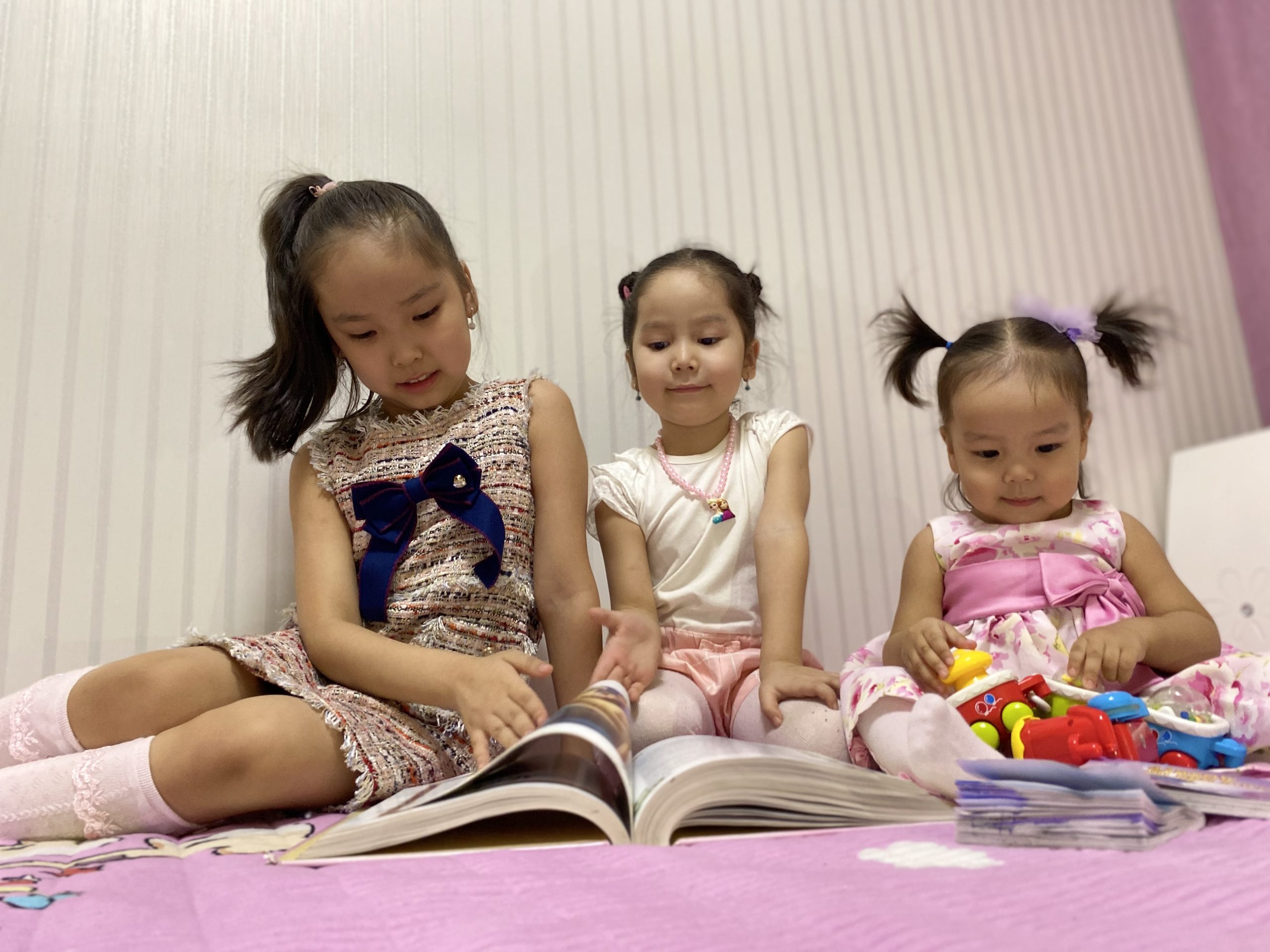The hygiene hypothesis: Immunity in Mongolian children

As the world of medical science progressed, infant mortality has nearly gone extinct in the developed world. In the meanwhile, children in developing countries do not grow up in properly sanitized environments. In rural Mongolia, toddlers sit and crawl on grass and dirt outside their ger dwellings, playing house with the unique shaped stones that they have collected from river banks. This somewhat carefree method of raising children is criticized by the urban households and modern science.
In the meanwhile, children in high income urban areas grow up in squeaky clean polished households that are heavily sanitized. Quotes that encourage such behaviour have become an everyday sighting in public service announcements, cartoons for toddlers, and in advertising of cleaning products. Another popular saying goes “One who maintains cleanliness keeps away diseases.” Evidently, cleanliness did cause the decline of bacterial infestations and other diseases that enter the immune system.
Too much cleanliness, and ultra-sanitation however, are causing a lack of exposure to allergens, bacteria, and viruses in the developed world. Thus, normal development of the immune system is disrupted in children of young age. “A child’s immune system needs education, just like any other organ of the human body,” says Erika von Mutius, a pediatric allergist at the University of Munich. An introduction of sorts to microbes and bacteria to children at a young age educates the immune system. Without this essential development, the immune system becomes likely to attack the wrong target- itself. This in return becomes a cause for autoimmune diseases.
Though there is active debate among scientists, studies show that allergy and asthma are more likely to occur in children in wealthier households. Infants growing up with exposure to certain levels of bacteria are less likely to develop wheezing, and asthma by the age of three. This would mean that to some extent the Mongolian nomadic children playing with dirt are healthier than their counterparts in overly sanitized households.
Similar results are present in mice as well. Rodents that were raised in a controlled sterile environment were prone to cultivate colitis, and asthma among other autoimmune diseases. The chemical called triclosan is used in antibacterial soap and it causes allergies and hay fever. Another interesting controlled study is that infants born to mothers who were given drugs to treat parasitic worm infections during pregnancy resulted in higher rates of eczema and asthma in the child.
Such a study is yet to be conducted in Mongolia’s case. However, experts, and researchers have been observing this for the past few decades. In the 1980’s British epidemiologist David Strachan studied childhood allergies in East and West Germany. Children from less wealthy and more polluted cities of East Germany had exponentially low rates of hay fever, asthma as opposed to the richer cities of West Germany.
Strachan also found that the prevalence of such auto-immune diseases were lower in children that went to daycares as they would be exchanging healthy bacteria with other children. Additionally, children who grew up with more siblings also had lower chances of developing diseases of the same sort due to the same reason.
Feasibility of such a study would be difficult to evaluate for Mongolia’s case. The prevalence of childhood asthma in Ulaanbaatar is high even when compared to Asia-Pacific countries according to ISAAC. As a result of the severe air-pollution levels and the draft-free infrastructures of apartments in Ulaanbaatar, there are obstacles to accurately accumulating the results. In retrospect, kids in rural Mongolia growing up around livestock have lower rates of allergies and asthma.
What does this mean for us?
By no means does this mean that people should stop cleaning their homes or washing themselves. For the majority of the studies, it was found that bacterial exposure is helpful during childhood, not in adulthood. Due to the coronavirus outbreak, the headlines are buzzing about the worldwide shortage of sanitizers, especially now that it has been proven that the virus can stay on hard surfaces for days.
Depending on how the virus is managed, the usage of antibacterials among households will be set. At this point, even if the hygiene hypothesis is true, parents would rather risk their children developing allergies and auto-immune diseases as opposed to the slightest chance of them getting the coronavirus. It is the lesser of two evils.
